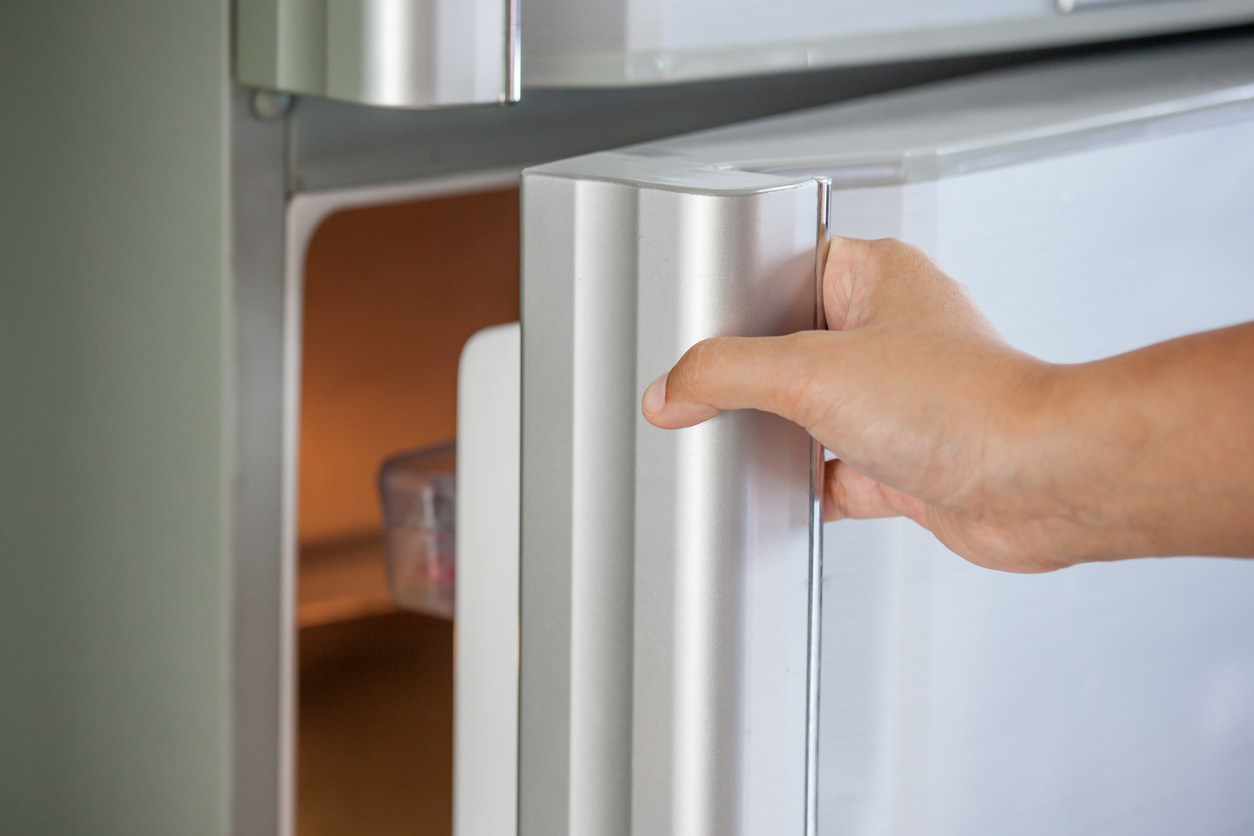

Articles
Freezer Makes Noise When Door Is Closed
Modified: February 26, 2024
Looking for articles on why your freezer makes noise when the door is closed? Find helpful information and tips to troubleshoot the issue and find a solution.
(Many of the links in this article redirect to a specific reviewed product. Your purchase of these products through affiliate links helps to generate commission for Storables.com, at no extra cost. Learn more)
Introduction
Freezers are essential appliances that help us preserve and store our food for extended periods. However, it can be quite concerning when your freezer starts making noise, especially when the door is closed. Not only can it be annoying, but it may also indicate that there is something wrong with your freezer. Understanding the potential causes of this issue and knowing how to troubleshoot it can help resolve the problem and ensure your freezer operates smoothly.
In this article, we will explore the possible reasons why your freezer makes noise when the door is closed and provide you with troubleshooting steps to address the issue. By following these steps, you can identify and resolve common problems, helping to extend the lifespan of your freezer and prevent any further damage.
Key Takeaways:
- Troubleshooting the source of freezer noise, such as a damaged gasket or faulty fan motor, can restore quiet operation and extend the appliance’s lifespan.
- Regular maintenance, including gasket cleaning and component tightening, can prevent noise issues and ensure efficient freezer performance.
Possible Reasons for the Noise
There can be several reasons why your freezer makes noise when the door is closed. Let’s explore some of the most common ones:
- 1. Damaged Gasket: The gasket is a rubber seal that lines the edge of the freezer door, creating an airtight seal when closed. If the gasket is torn, worn out, or not properly aligned, it can cause the freezer to make noise. This is because the compromised gasket allows warm air to enter the freezer, leading to frost build-up and excessive moisture, which could result in unusual noises.
- 2. Faulty Fan Motor: Freezers have a fan motor that circulates the air inside the unit to maintain a suitable temperature. If the fan motor is faulty or worn out, it may produce excessive noise when running. This noise could be a result of the motor’s bearings needing lubrication or the blades being obstructed by debris.
- 3. Loose or Worn Out Components: Over time, the various components of a freezer, such as the evaporator fan, condenser fan, or compressor mounts, can become loose or worn out. When these components are not securely attached, they can vibrate and create noise when the freezer is in operation.
- 4. Ice Build-up: If your freezer accumulates excessive ice, it can also contribute to the noise issue. Ice can form on the evaporator coils or around the fan blades, causing them to scrape against the ice as they rotate. This scraping can produce loud and unusual noises. Improper airflow due to ice build-up can also put additional strain on the fan motor and compressor, leading to noise.
Keep in mind that these are just some of the potential reasons for the noise in a freezer with a closed door. It is always recommended to troubleshoot and diagnose the specific issue before attempting any repairs or adjustments.
Damaged Gasket
A damaged gasket can be a common culprit when it comes to a noisy freezer with a closed door. The gasket is a rubber seal that lines the edge of the freezer door, creating an airtight seal when the door is closed. It prevents warm air from entering the freezer and cold air from escaping, helping to maintain the desired temperature inside.
If the gasket is torn, worn out, or not properly aligned, it can cause several issues that result in noise. When the seal is compromised, warm air enters the freezer, leading to frost build-up and excessive moisture. As this frost accumulates, it can cause the freezer fan or other components to work harder to maintain the desired temperature, resulting in increased noise levels.
To determine if the gasket is damaged, start by visually inspecting it. Look for any visible signs of wear, such as cracks, tears, or deformities. Additionally, check if the gasket is properly aligned and making full contact with the door when closed. A misaligned gasket can cause gaps that allow air to leak in, leading to noise and inefficiency.
If you find any damage to the gasket, it is recommended to replace it as soon as possible. You can purchase a replacement gasket from the freezer’s manufacturer or a reputable appliance parts store. Make sure to carefully follow the manufacturer’s instructions for removing the old gasket and installing the new one.
In some cases, the gasket may not be damaged but simply dirty or covered in debris. Over time, food particles, dust, and grime can accumulate on the gasket, affecting its ability to create a proper seal. In this situation, gently clean the gasket using warm soapy water and a soft cloth. Avoid using abrasive cleaners or harsh chemicals, as they can damage the gasket’s material.
Regular maintenance of the gasket can help prevent damage and ensure its longevity. Keep the gasket clean and free from debris, and periodically inspect it for any signs of wear or misalignment.
By addressing a damaged gasket promptly, you can not only reduce the noise coming from your freezer but also improve its energy efficiency and prolong its lifespan.
Faulty Fan Motor
A faulty fan motor is another potential reason why your freezer is making noise with the door closed. Freezers have a fan motor that circulates the air inside the unit, ensuring even cooling and preventing the formation of ice. If the fan motor is faulty or worn out, it can produce excessive noise during operation.
There are a few indicators that can help you identify if the fan motor is the source of the noise. First, listen for any unusual rumbling, grinding, or squealing sounds coming from the freezer. These noises may indicate that the bearings in the fan motor are worn out and need to be lubricated or replaced. Additionally, if you notice that the noise becomes louder when you open the freezer door, it is a sign that the fan motor may be the culprit.
To troubleshoot a faulty fan motor, start by unplugging the freezer from the power source. This step is crucial for safety reasons. Next, locate the fan motor, which is typically located at the back of the freezer or behind a panel inside the freezer compartment. Carefully remove any necessary panels or covers to access the fan motor.
Inspect the fan blades for any obstructions, such as ice buildup or debris. If you find any obstacles, remove them carefully to ensure unrestricted rotation of the blades. Be cautious not to damage the blades during this process. Cleaning the fan blades and surrounding area can also help improve the efficiency and reduce noise levels.
If the fan motor itself appears worn out or damaged, it may need to be replaced. Consult the freezer’s user manual or contact the manufacturer for guidance on purchasing a compatible replacement fan motor. In some cases, the motor may be repairable, and you can seek the help of a professional technician to assess and fix the issue.
Once you have resolved the problem with the fan motor, reconnect the power and monitor the freezer for any changes in noise levels. If the noise persists or worsens, it is advisable to seek further assistance from a professional appliance repair technician.
Addressing a faulty or worn-out fan motor not only eliminates noise issues but also ensures proper airflow and temperature control within your freezer. This, in turn, helps to preserve the quality and longevity of the food stored inside.
Loose or Worn Out Components
Loose or worn out components within the freezer can also be a potential cause of the noise when the door is closed. Over time, the constant vibrations and movements of the freezer’s operation can lead to components becoming loose or worn, resulting in increased noise levels.
Common components that can contribute to the noise issue include the evaporator fan, condenser fan, or compressor mounts. If any of these components become loose, they can vibrate and create noise when the freezer is in operation. Additionally, worn-out or damaged components may not function as efficiently as they should, leading to increased noise as the freezer tries to compensate for the lack of proper operation.
To identify if loose or worn components are causing the noise, you can perform a visual inspection. Start by disconnecting the freezer from the power source to ensure safety. Carefully remove any necessary panels or covers to access the internal components of the freezer.
Inspect the various mounting brackets and screws that secure the components in place. Ensure that they are all tight and properly fastened. If you notice any loose components, use the appropriate tools to tighten them gently. Be cautious not to overtighten the screws or brackets to avoid causing further damage.
If you find any components that are visibly worn, damaged, or beyond repair, it may be necessary to replace them. Contact the freezer’s manufacturer or a professional appliance repair technician for guidance on obtaining the correct replacement parts. They can provide you with instructions on how to safely remove the worn components and install the new ones.
Regular maintenance and periodic inspections of the components in your freezer can help prevent them from becoming loose or worn out. By addressing any issues promptly, you can minimize noise levels and ensure that the freezer is operating efficiently.
If you have tightened all the loose components and the noise persists, it is advisable to seek professional assistance to diagnose and resolve the issue. A trained technician can further assess the freezer and identify any underlying problems that may require more extensive repairs.
By addressing loose or worn components, you can restore the smooth operation of your freezer and enjoy a quieter environment in your kitchen as a result.
Read more: When To Close Glass Doors On Fireplace
Ice Build-up
Ice build-up can be another common reason for the noise that occurs when the door of the freezer is closed. Excessive ice formation can lead to various issues, including increased noise levels.
When ice builds up within the freezer, it can cause the fan blades or other components to come into contact with the ice as they rotate. This contact can result in scraping or rubbing noises that are audible when the door is closed. Additionally, ice accumulation can disrupt proper airflow within the freezer, leading to strain on the fan motor and compressor, which can contribute to increased noise levels.
To address ice build-up, one effective solution is to defrost the freezer. Start by transferring all the food and items from the freezer to another location to prevent them from thawing. Then, unplug the freezer from the power source and leave the freezer door open to allow the ice to melt naturally.
Using a fan or placing bowls of hot water inside the freezer can help expedite the defrosting process. However, avoid using any sharp objects or heat sources directly on the ice to prevent damage to the freezer’s interior.
Once the ice has completely melted, clean the freezer thoroughly to remove any remaining water or debris. Wipe down the interior surfaces with a mixture of mild soap and warm water. Ensure that all surfaces are thoroughly dry before plugging the freezer back in and returning the food items.
To prevent future ice build-up, it’s important to identify the underlying cause. Some possible causes include a faulty defrost timer, a malfunctioning defrost heater, or a blocked drain line. If you notice persistent ice build-up even after defrosting, it is advisable to seek professional assistance to diagnose and address the issue.
Regular maintenance of your freezer can help prevent excessive ice accumulation. Ensure that the freezer door is properly closed and the seal is intact. Clean the freezer periodically to remove any spills or debris that can contribute to ice formation. Additionally, avoid overfilling the freezer and make sure that food items are properly sealed to minimize moisture and humidity inside the unit.
By effectively addressing ice build-up in your freezer, you can eliminate the associated noise and ensure the optimum performance of the appliance.
Check if the freezer is level and on a stable surface. Clean the condenser coils to improve airflow. Ensure the door seal is intact and not damaged. If the noise persists, consider contacting a professional for further inspection.
Troubleshooting Steps
When your freezer is making noise with the door closed, it’s essential to take specific troubleshooting steps to identify and resolve the issue. Here are some steps you can follow:
- 1. Inspect the Gasket: Start by visually inspecting the gasket around the freezer door. Look for any signs of damage, such as cracks or tears. Ensure that the gasket is properly aligned and making full contact with the door when closed. If you notice any issues, replace or repair the gasket as necessary.
- 2. Check the Fan Motor: Examine the fan motor located at the back of the freezer or behind a panel inside the freezer compartment. Listen for any unusual noises and check for any obstructions or debris that may be hindering the fan’s rotation. If necessary, clean the fan blades and surrounding area. If the motor is faulty or worn out, consider replacing it.
- 3. Tighten Loose Components: Remove any necessary panels or covers to access the internal components of the freezer. Inspect and tighten any loose mounting brackets, screws, or other components. Be careful not to overtighten and cause damage.
- 4. Defrost the Freezer: If there is excessive ice build-up, unplug the freezer and allow the ice to melt naturally. Use a fan or bowls of hot water to speed up the defrosting process. Clean the freezer thoroughly and ensure all surfaces are dry before plugging it back in.
It’s important to note that these troubleshooting steps are general guidelines and may vary depending on the make and model of your freezer. Refer to the user manual or contact the manufacturer for specific instructions.
If you have followed these troubleshooting steps and the noise persists, it may be necessary to seek professional assistance. An experienced appliance repair technician can diagnose the issue more accurately and provide the necessary repairs or replacement parts.
By systematically troubleshooting and addressing potential causes of the noise, you can effectively resolve the issue and ensure the smooth and quiet operation of your freezer.
Inspect the Gasket
When troubleshooting a noisy freezer with a closed door, one of the first steps you should take is to inspect the gasket. The gasket is the rubber seal that lines the edge of the freezer door, creating an airtight seal when the door is closed. If the gasket is damaged or not properly aligned, it can lead to noise issues.
Start by visually inspecting the gasket for any signs of damage, such as cracks, tears, or deformities. Run your fingers along the gasket to feel for any irregularities that might indicate a problem. Additionally, check if the gasket is making full contact with the door and that there are no gaps or spaces when the door is closed. Any misalignment can compromise the seal and contribute to noise and energy inefficiency.
If you find any damage to the gasket, it is essential to replace it as soon as possible. You can purchase a replacement gasket either from the freezer manufacturer or a reputable appliance parts store. Before replacing the gasket, make sure to consult the manufacturer’s instructions or user manual for guidance on the removal and installation process.
In some cases, the gasket may not be damaged but might be dirty or covered in debris. Over time, food particles, dust, and grime can accumulate on the gasket, affecting its ability to create a proper seal. Cleaning the gasket can help restore its functionality and reduce noise. Use a mixture of warm soapy water and a soft cloth to gently clean the gasket. Avoid using abrasive cleaners or harsh chemicals as they can damage the gasket’s material.
Regular maintenance of the gasket is also essential to prevent any issues. Keep the gasket clean and free from debris by wiping it down regularly with a damp cloth. Inspect the gasket periodically to ensure it remains in good condition and is properly aligned.
If you have checked the gasket and determined it to be in good condition, but the noise persists, there may be other underlying causes. In such cases, it is advisable to continue troubleshooting or seek professional assistance to diagnose and resolve the issue. A trained technician can provide a more accurate assessment and offer suitable solutions.
By inspecting and maintaining the gasket, you can help reduce noise and ensure that the freezer maintains an optimal temperature, preserving the quality of your food over time.
Check the Fan Motor
Another important step in troubleshooting a noisy freezer with a closed door is to check the fan motor. The fan motor is responsible for circulating the air inside the freezer, ensuring even cooling and preventing the formation of ice. A faulty or worn-out fan motor can often be a source of excessive noise.
To begin, locate the fan motor in your freezer. It is typically positioned at the back of the freezer or behind a panel inside the freezer compartment. Once you have access to the fan motor, listen for any unusual sounds while the freezer is in operation. These sounds may include grinding, squealing, or rumbling noises, which can indicate a problem with the fan motor.
If you suspect a problem with the fan motor, inspect the fan blades for any obstructions or debris that could be causing the noise. The accumulation of dust, ice, or food particles can hinder the rotation of the blades, resulting in noise. Gently clean the blades and surrounding area using a soft cloth to remove any buildup.
In some cases, the noise may be caused by worn-out bearings in the fan motor. Lubricating the bearings can help reduce noise and improve the motor’s performance. However, not all fan motors have accessible bearings, so refer to the manufacturer’s instructions or consult a professional for guidance on lubrication.
If the fan motor still produces noise after cleaning and lubricating (if applicable), it may be necessary to replace the motor. Contact the freezer manufacturer or a professional appliance repair technician to inquire about the availability of a compatible replacement fan motor for your specific model.
Before attempting any repairs or replacements, make sure to disconnect the freezer from the power source for safety. Follow the manufacturer’s instructions or consult a professional technician if you are unsure about the proper procedure.
Regular maintenance of the fan motor can help minimize noise and ensure its longevity. Keep the area around the fan motor clean and free from debris and regularly inspect the fan for any signs of wear or damage.
By checking and addressing any issues with the fan motor, you can significantly reduce noise levels and restore the smooth operation of your freezer.
Tighten Loose Components
When troubleshooting a noisy freezer with a closed door, it’s important to check for and tighten any loose components. Over time, the constant vibrations and movements can cause various parts of the freezer to become loose, leading to increased noise levels.
To begin, disconnect the freezer from the power source to ensure safety. Carefully remove any necessary panels or covers to access the internal components of the freezer.
Inspect the various mounting brackets, screws, or other fasteners that secure the components in place. Check for any signs of looseness or instability. Use the appropriate tools, such as a screwdriver or wrench, to gently tighten any loose components. It’s important to be cautious and not overtighten, as this can cause damage.
Pay particular attention to the evaporator fan, condenser fan, and compressor mounts. These components are prone to loosening over time due to the constant vibrations during operation. Ensure that they are securely fastened and not causing any unnecessary noise.
If you notice any components that are excessively worn or damaged, it may be necessary to replace them. Contact the freezer manufacturer or consult a professional appliance repair technician for guidance on obtaining the correct replacement parts.
Regular maintenance is crucial to prevent components from becoming loose in the first place. Inspect the freezer periodically and tighten any loose components as part of your routine maintenance. Additionally, if you have recently had any repairs or servicing done on the freezer, it’s essential to double-check that all components are securely fastened after the work is completed.
If you have followed these steps and tightened all the loose components, but the noise persists, there may be underlying issues that require further attention. It is recommended to continue troubleshooting or seek assistance from a professional technician to diagnose and resolve the problem.
By tightening loose components, you can minimize noise levels and ensure the smooth operation of your freezer.
Defrost the Freezer
If your freezer is making noise with the door closed, another potential cause could be excessive ice build-up. This ice can lead to various issues, including increased noise levels. Defrosting the freezer is a crucial step in troubleshooting and resolving this problem.
To begin, unplug the freezer from the power source to ensure safety. Then, remove all items from the freezer and transfer them to another location, such as a cooler or a spare freezer, to keep them frozen.
Next, open the freezer door and allow the ice to melt naturally. Place towels or absorbent cloths at the base of the freezer to catch any water that may drip during the defrosting process. Additionally, you can place a fan facing into the freezer to help speed up the melting process.
Avoid using any sharp objects or tools to remove the ice, as this can damage the interior of the freezer. Also, do not use heat sources such as hairdryers or heat guns, as they can cause temperature imbalances and potentially damage the freezer’s components.
Once the ice has completely melted, use clean towels or cloths to dry the interior of the freezer. Make sure all surfaces are thoroughly dry before plugging the freezer back in.
It’s essential to identify the underlying cause of the ice build-up to prevent it from happening again. Common causes include a faulty defrost timer, a malfunctioning defrost heater, or a blocked drain line.
If you notice persistent ice accumulation even after defrosting the freezer, it is advisable to seek professional assistance. A technician can diagnose the issue more accurately and provide the necessary repairs or replacements.
Regular maintenance can help prevent excessive ice build-up in the future. Keep the freezer door closed as much as possible to prevent warm air from entering. Check and clean the freezer’s seals regularly to ensure they are in good condition and creating a proper seal.
By defrosting the freezer and addressing any underlying causes of ice build-up, you can minimize noise levels and ensure the efficient operation of your appliance.
Conclusion
When your freezer starts making noise with the door closed, it can be both frustrating and concerning. However, by following the troubleshooting steps outlined in this article, you can identify and address the potential causes of the noise, helping to restore the smooth and quiet operation of your freezer.
We have explored several common reasons for the noise, including a damaged gasket, faulty fan motor, loose or worn-out components, and ice build-up. By inspecting and addressing these issues, you can significantly reduce noise levels and improve the overall performance of your freezer.
Remember to regularly inspect and maintain your freezer to ensure it remains in good condition. Clean the gasket, tighten any loose components, and defrost the freezer when necessary. Additionally, following the manufacturer’s guidelines for maintenance and usage can help prevent future issues and extend the lifespan of your appliance.
If you have performed the troubleshooting steps but the noise persists or if you are unsure about any repairs or replacements, it is always best to consult a professional technician. They have the expertise and knowledge to accurately diagnose and resolve any underlying issues with your freezer.
By addressing the noise promptly and ensuring the proper functioning of your freezer, you can enjoy a quieter and more efficient appliance that keeps your food fresh for longer periods.
Remember, the information provided here is meant as a general guide and may vary depending on the make and model of your freezer. Always refer to the user manual or seek professional assistance when needed.
Frequently Asked Questions about Freezer Makes Noise When Door Is Closed
Was this page helpful?
At Storables.com, we guarantee accurate and reliable information. Our content, validated by Expert Board Contributors, is crafted following stringent Editorial Policies. We're committed to providing you with well-researched, expert-backed insights for all your informational needs.
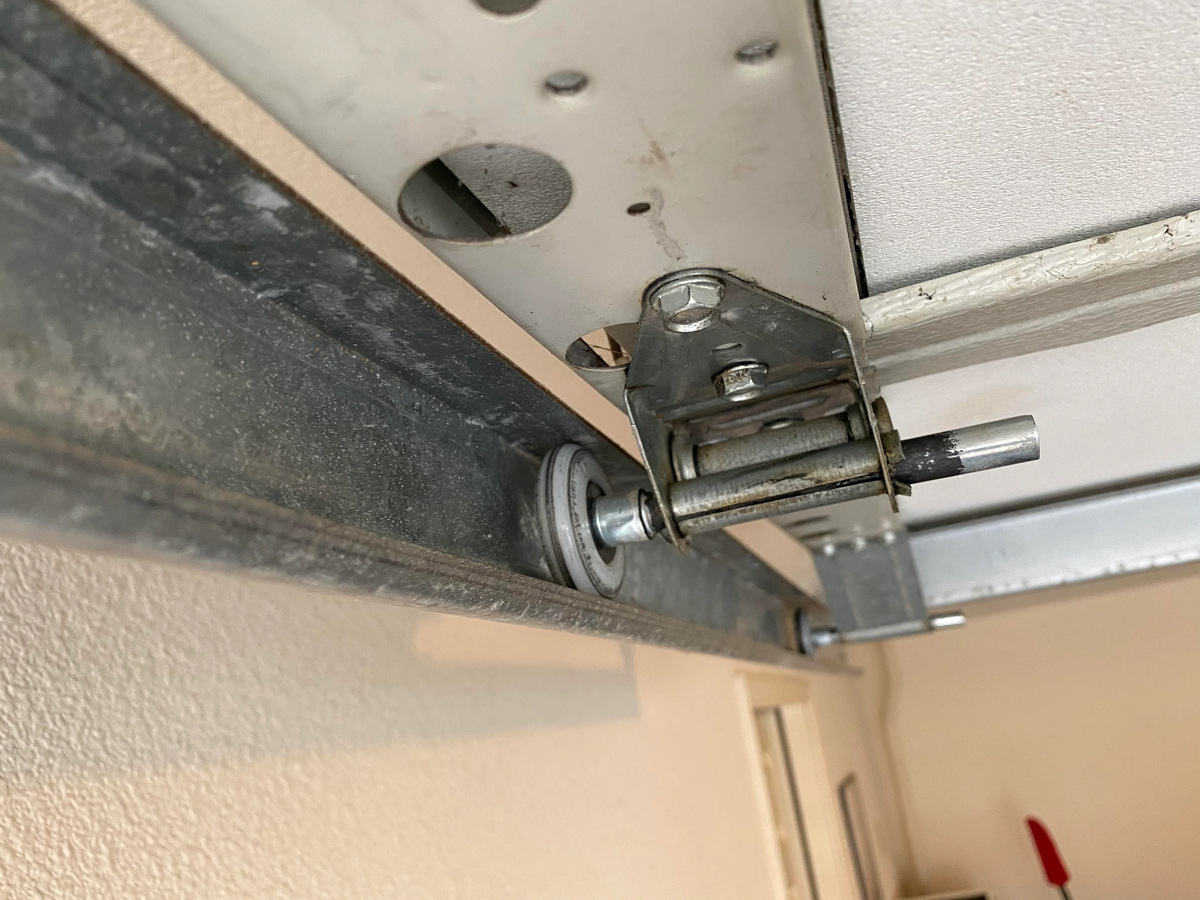
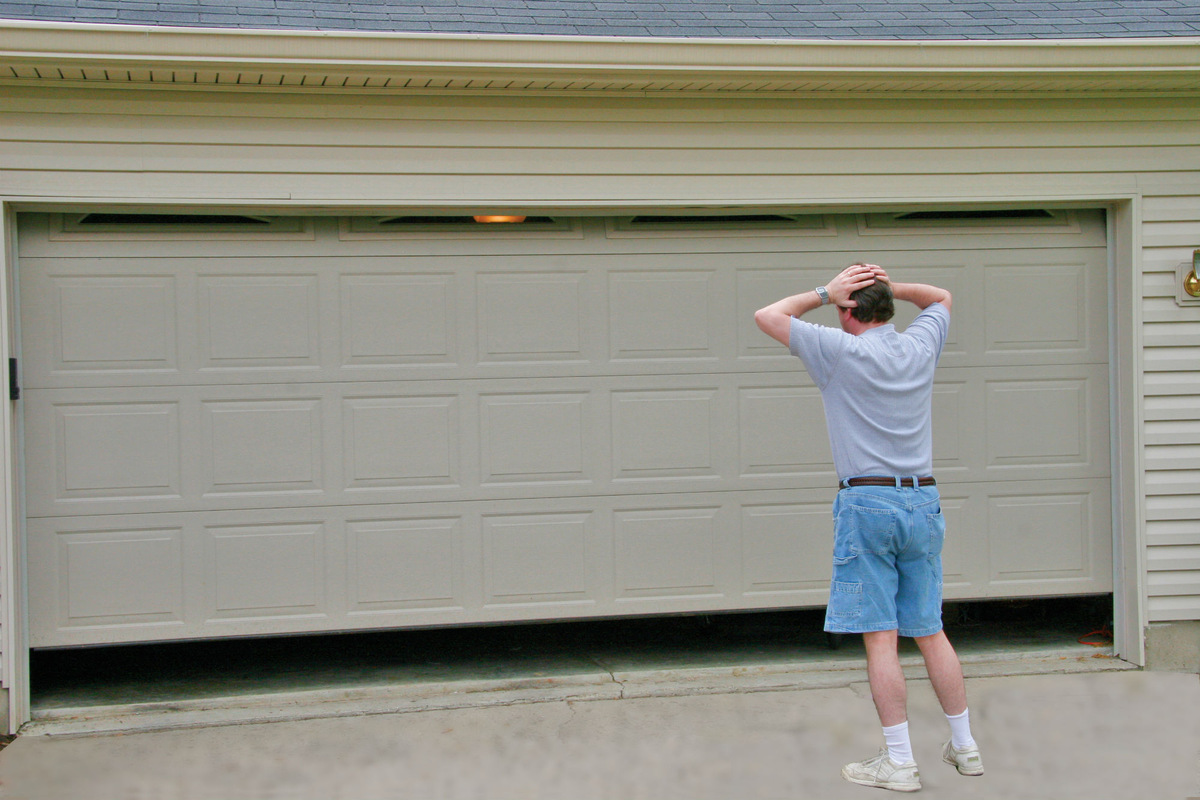
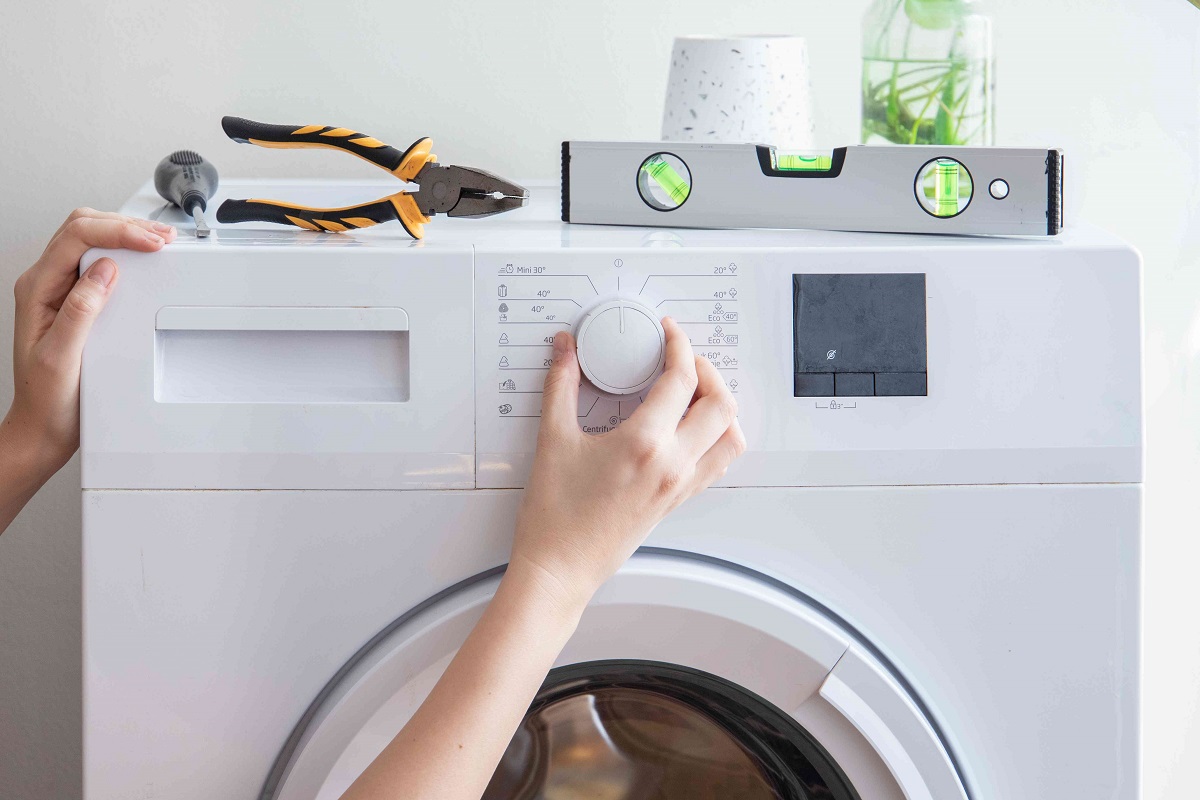
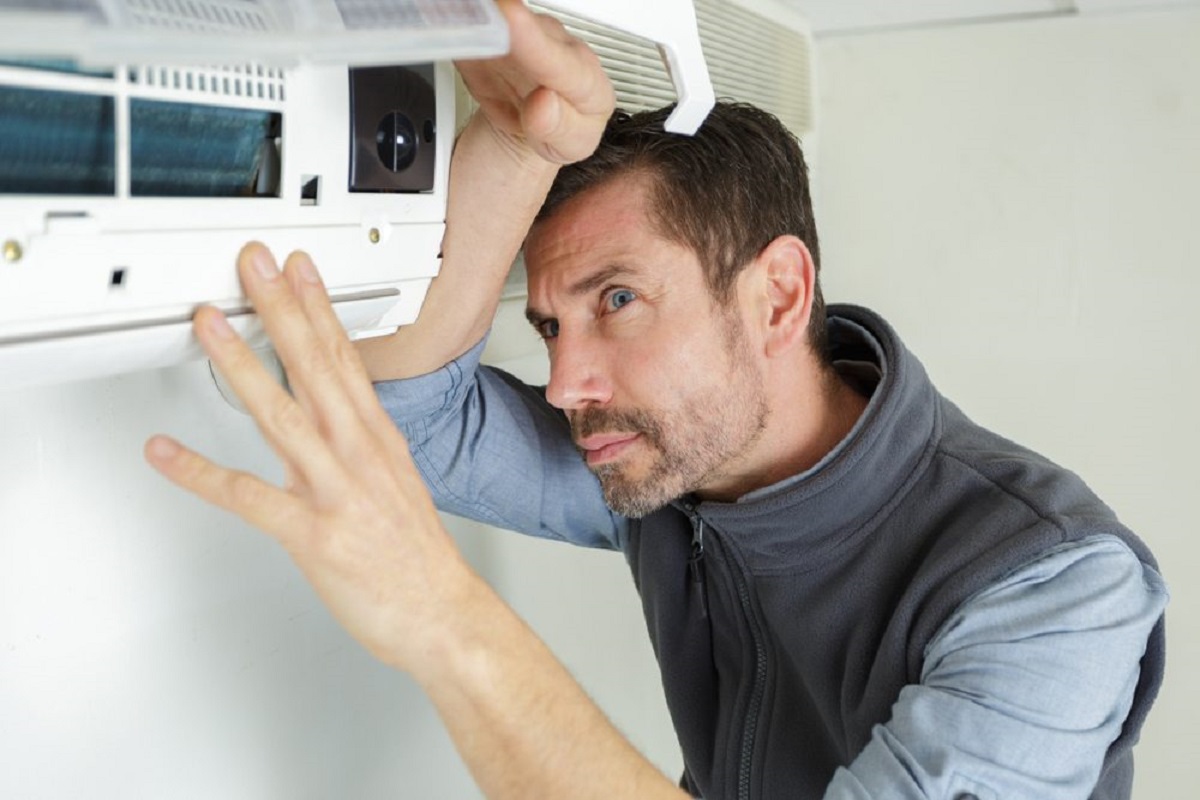
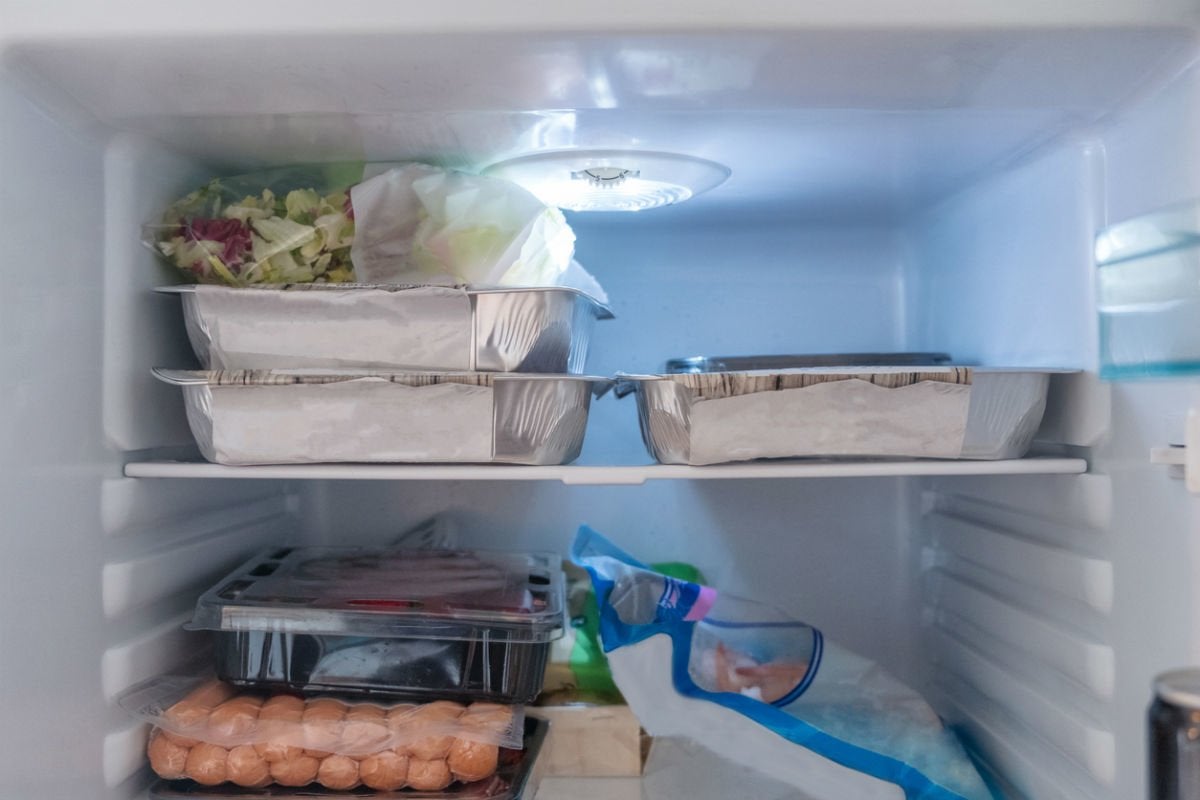

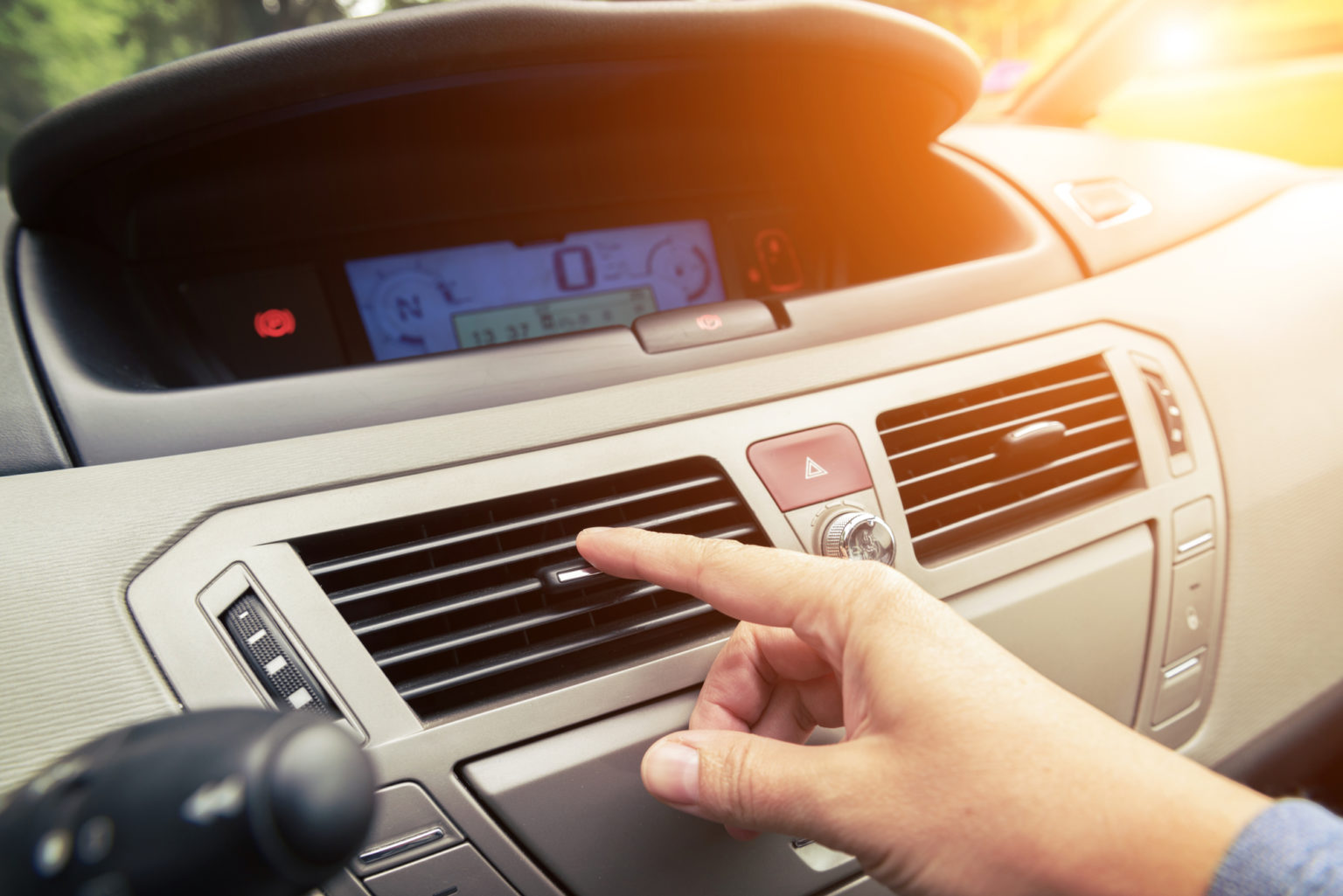
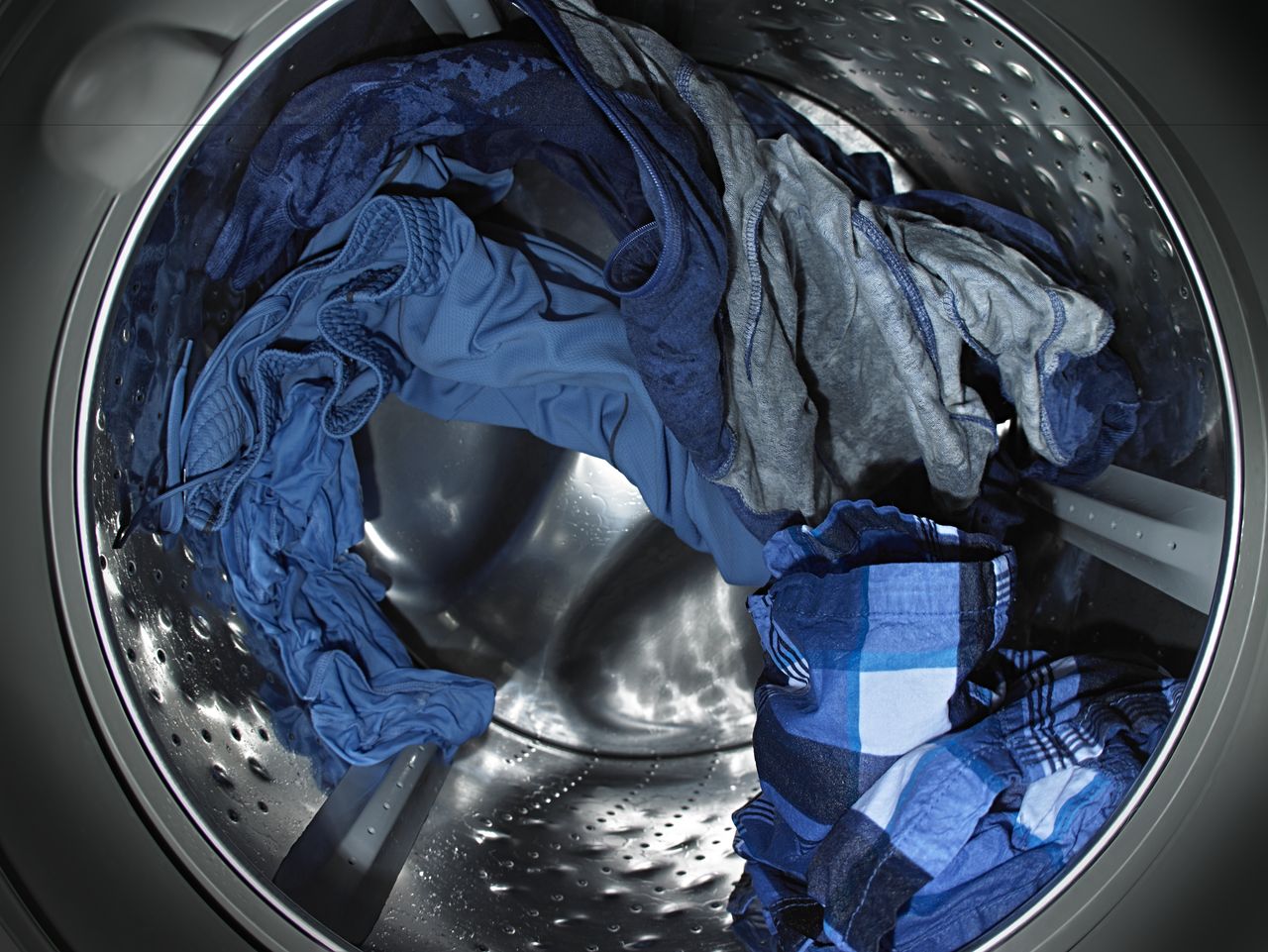
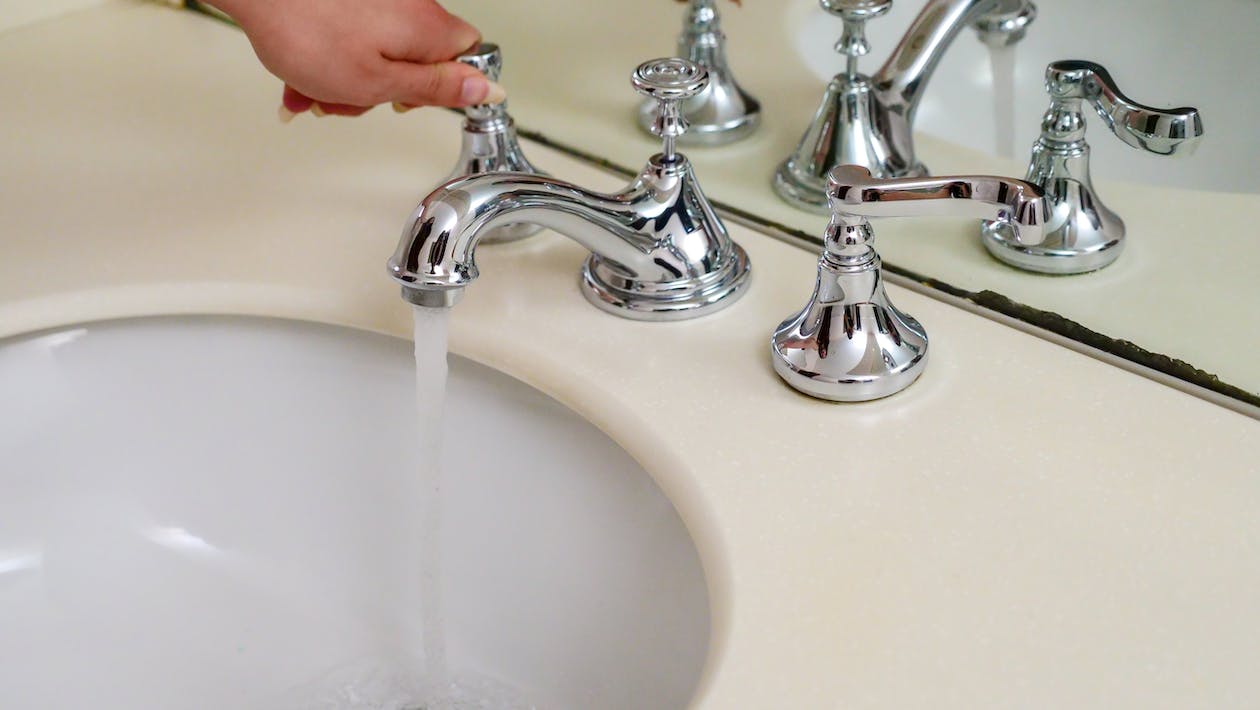
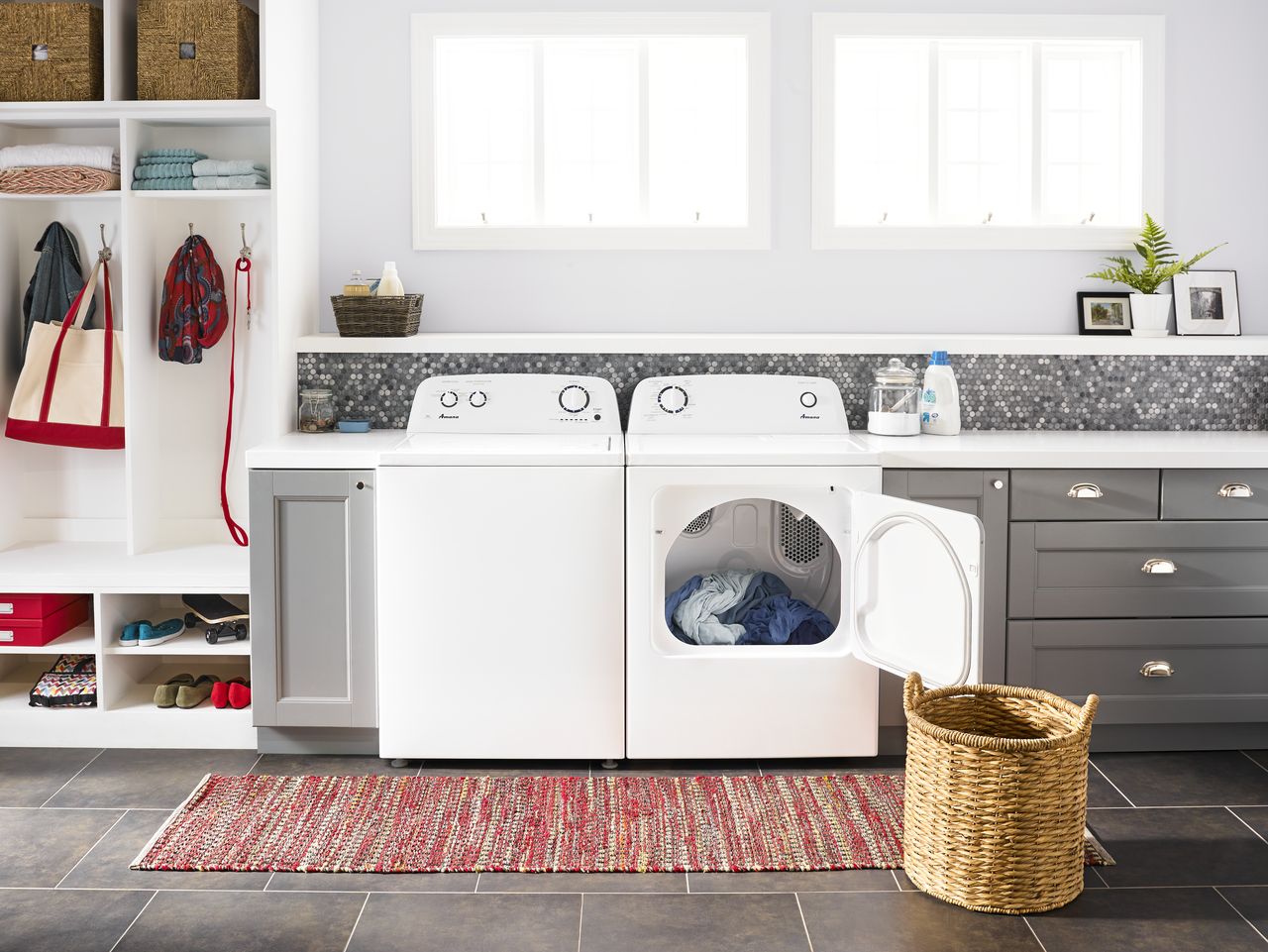
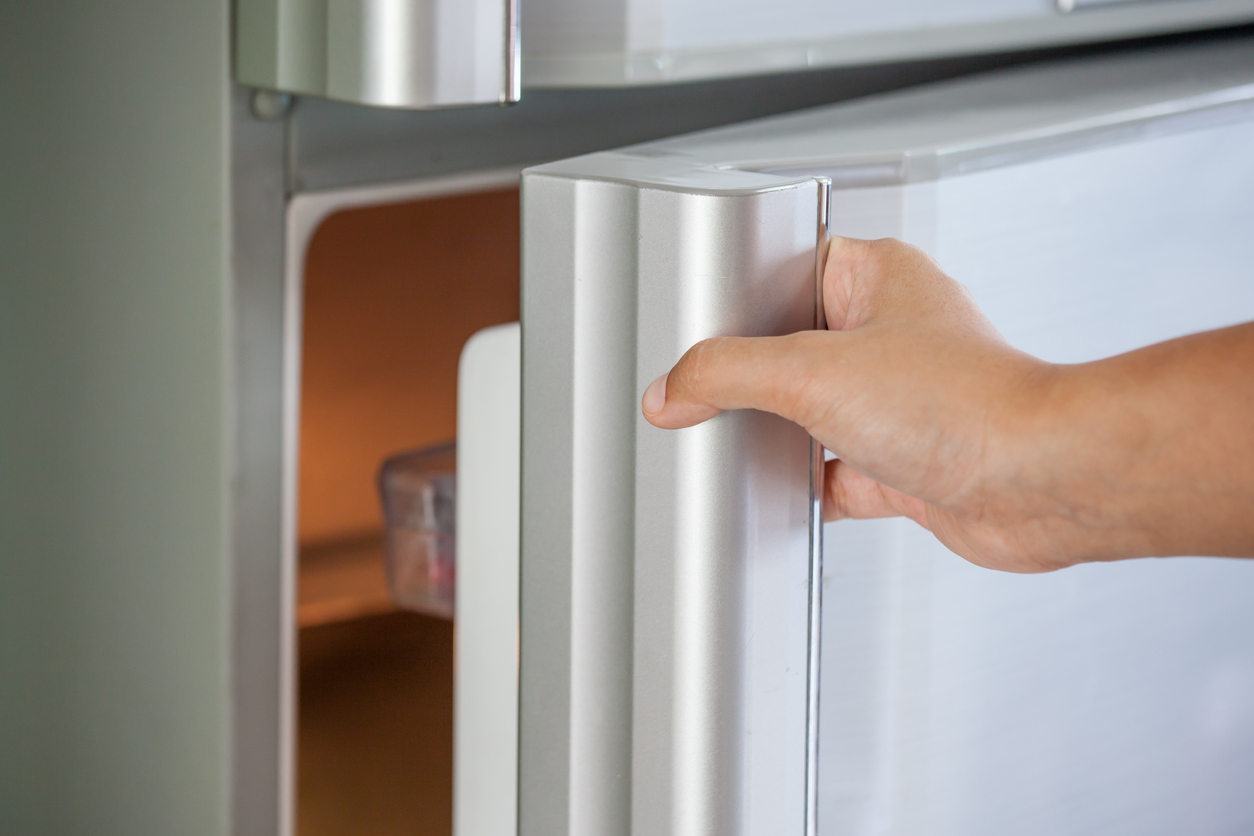
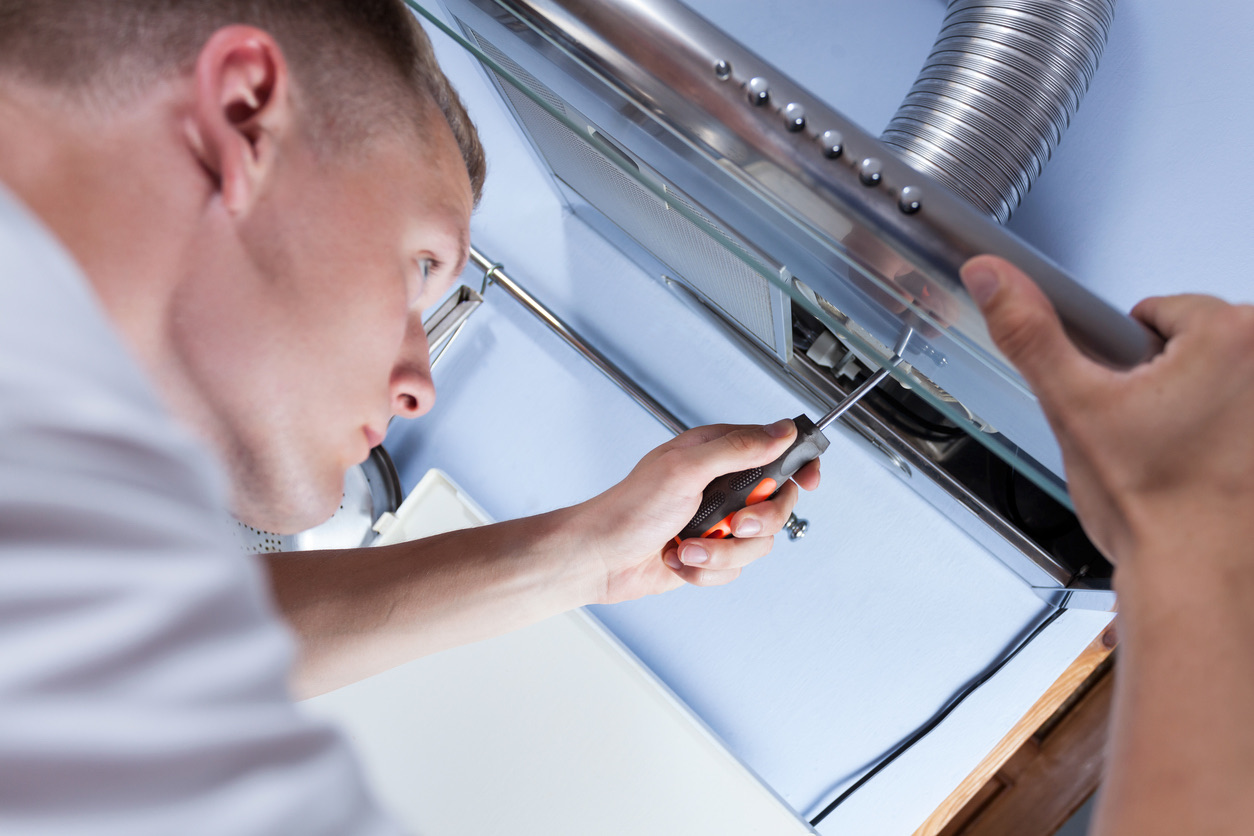
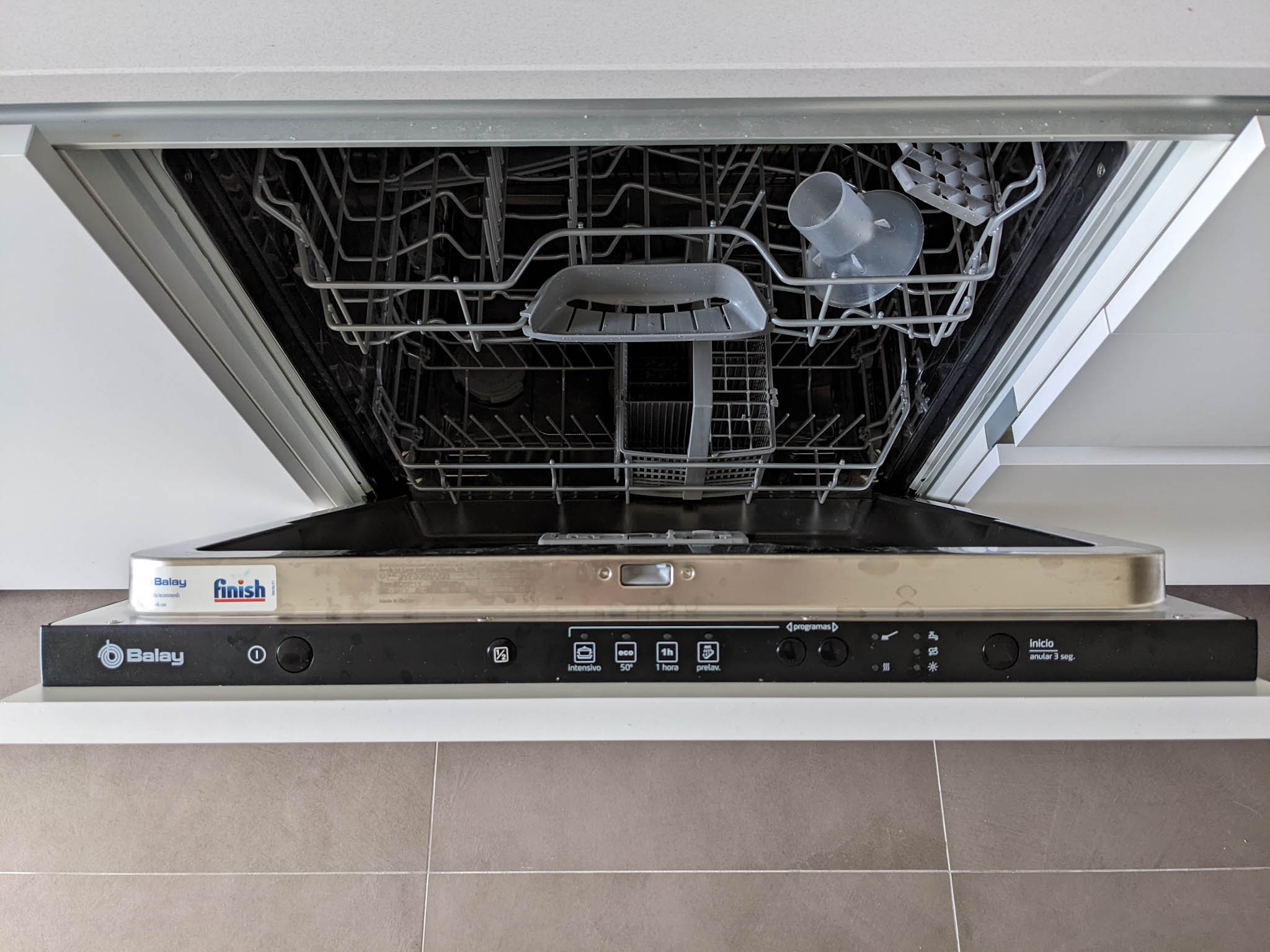

0 thoughts on “Freezer Makes Noise When Door Is Closed”